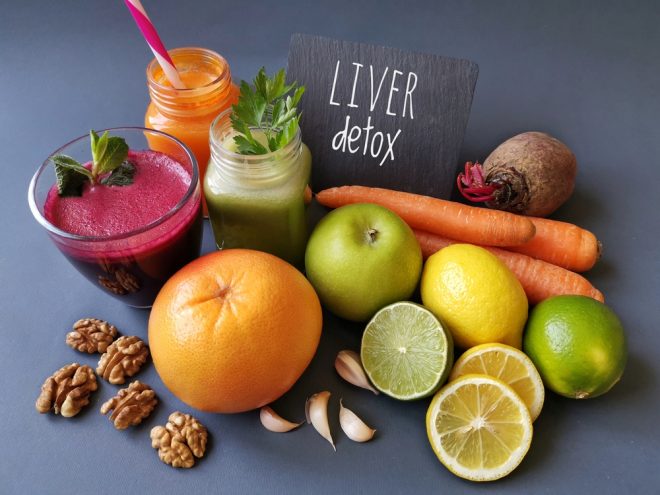
Have you tried fruits to treat fatty liver? Be sure to add them to your diet
Add heart-healthy fruits to your daily diet. These fruits also detox and purify, preventing liver diseases.
Liver disease is a growing concern and is a reversible disease with positive results. Add heart-healing and liver-health-improving fruits to your daily diet to improve overall health. Eating fruit is rich in essential vitamins and minerals and has many benefits against fatty liver. These fruits also contain antioxidants and fiber, which help reduce inflammation and support liver function. Eating strawberries, apples, pears, and citrus fruits can help you feel better right away.
What is fatty liver?
Fatty liver disease is a disease in which there is too much fat in the liver. A healthy liver contains very little fat. Fatty diseases occur when the fat content exceeds 5% of its weight. People who are overweight or obese are more likely to develop fatty liver disease. Therefore, a healthy diet, weight loss, and exercise can help.

8 types of fruits to treat fatty liver
1. Grapefruits
Grapefruit boosts antioxidants such as naringin and naringenin, which are known for their ability to fight inflammation and protect the liver from disease, according to research published in the National Library of Medicine. In fact, grapefruits may also help heal liver damage caused by fatty liver disease.
2. Apples
An apple a day can prevent liver disease. Apples are rich in soluble fiber, a component that helps reduce liver fat and promote detoxification. Apples also improve digestion and overall health. This study, published in the journal Animal, states that apples contain polyphenols that help reduce fat deposits.
3. Avocado
Avocado is one of the most important fruits for heart health because it contains good fats. These forces act as a shield and protect the heart from damage. Adding avocado to your diet is also good for the heart and can prevent osteoporosis. A study published in the journal Frontiers in Pharmacology shows that avocado oil can reduce non-alcoholic fatty liver disease.
4. Berries
Strawberries, raspberries and blackberries are rich in antioxidants that support heart health. Regular consumption of these foods can help control blood pressure and cholesterol levels while reducing oxidative stress. Mulberries, blueberries, cranberries and grapes have many benefits that can help you.
5. Papaya
Papaya is rich in vitamins and enzymes that are good for the heart, digestion and immunity. Papaya is a detoxifying fruit that helps digestion, reduces liver activity and helps the liver work better. You can enjoy this fruit in many ways, such as salads and smoothies. A study published in the World Journal of Hepatology shows that papaya can help improve non-alcoholic fatty liver disease. This study was done on obese mice.
6. Blueberries
Blueberries are loaded with health benefits and are a powerful source of antioxidants. These antioxidants play a key role in reducing liver inflammation and oxidative stress. In fact, a 2019 study published in PubMed Central found that blueberries were associated with reduced liver fibrosis and reduced liver weight gain. By reducing these conditions, blueberries help support the heart as a whole.
7. Kiwi fruit
The nutrient-rich kiwi fruit not only strengthens the body, but also supports overall mental health. Its unique combination of vitamins and minerals makes it a valuable addition to a heart diet. It also contains antioxidants that are effective in preventing liver disease.
8. Citrus fruits
Citrus fruits like oranges, lemons, and limes provide good amounts of vitamin C and help fight disease. These essential nutrients protect your liver and aid in its detoxification process. Including citrus fruits in your diet can support a healthy liver.

Other lifestyle changes to promote mental activity
In addition to eating fruit to treat obesity, there are some effective and simple steps you can take to ensure you have a healthy heart. If you are overweight or obese, start by losing weight. Remember to limit your alcohol intake and maintain a healthy diet.
